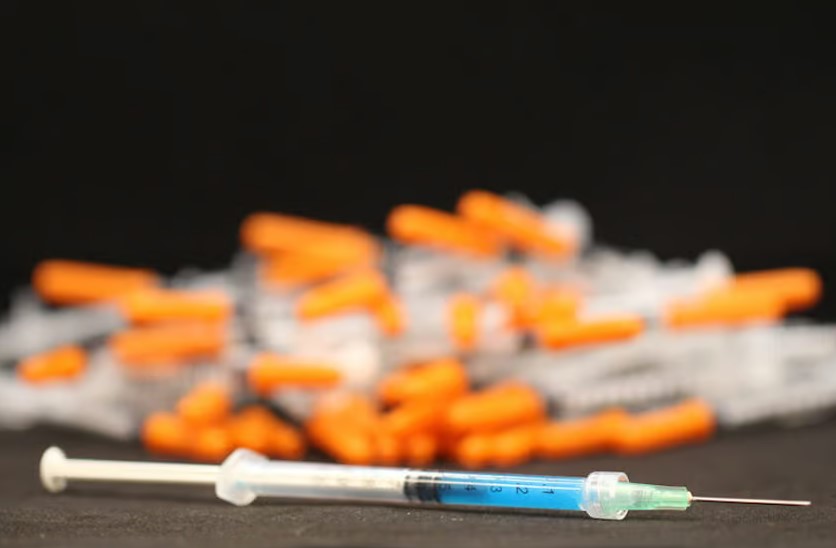
Diabetes treatment includes regular injections of insulin or other medications. But soon, patients may have to inject themselves only a few times a year. Scientists at Stanford have developed a hydrogel based on the hormone GLP-1 that slowly releases drugs to control diabetes and weight. The gel is injected under the skin and dissolves over the course of months, without requiring daily injections, as is the case with traditional medications. So far, the method has only been tested on rats, and human trials may begin in a year and a half to two years.
Modern and effective diabetes treatment includes the use of drugs that mimic a hormone known as glucagon-like peptide 1 (GLP-1). This hormone controls the release of insulin and reduces appetite. Ozempic and Mounjaro have already received FDA approval and contribute to weight loss, which is an additional benefit. Patients usually receive these drugs weekly, while traditional insulin injections are required daily. A strict medication schedule can be a heavy burden for patients.
Stanford scientists have developed a hydrogel into which GLP-1 molecules can be integrated and then injected under the skin. The gel gradually dissolves inside the tissues and releases the medicine in the right dose over time. The hydrogel has a liquid consistency for administration through conventional syringes, but is stable enough to retain its properties for several months. The delivery system is compact in size so as not to cause discomfort to the patient.
In a trial in rats with type 2 diabetes, injections of the drug hydrogel once every 42 days resulted in better blood glucose and weight control than daily injections of conventional medications.
According to the research team, a 42-day period is equivalent to four months in humans. This time frame was chosen to match the patients’ regular schedule for check-ups, allowing them to receive vaccinations as part of their regular doctor’s visit.
At the same time, the researchers managed to customize the hydrogel to release drugs for several days or even up to six months. This makes it a promising delivery system for other drugs, such as anti-inflammatory agents or cancer drugs.
The next round of trials will be conducted on pigs, as their skin and endocrine system are more similar to humans. Human trials may begin in a year and a half to two years.

